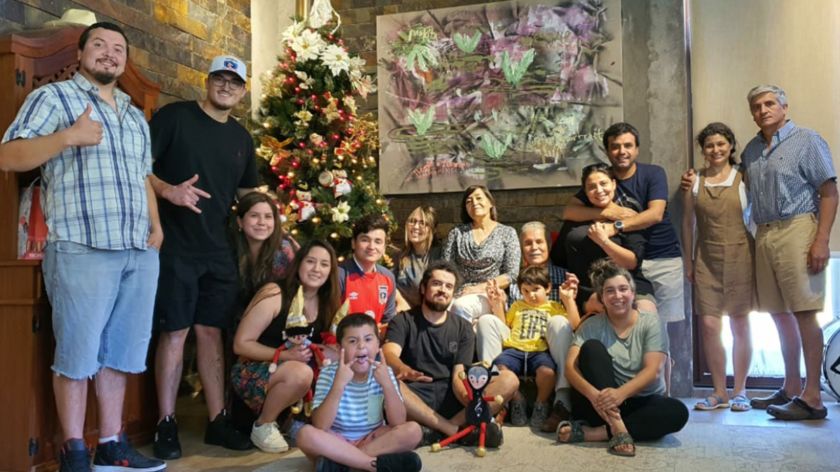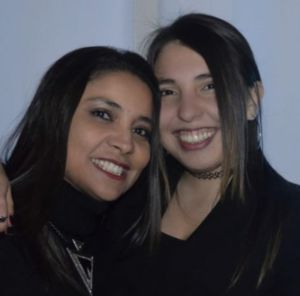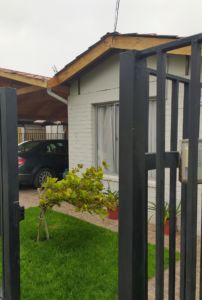Studying remotely (2): ‘My lectures started at 3 am’
-
 Martina (in the back, with the glasses) with her family. Own photo
Martina (in the back, with the glasses) with her family. Own photo
They exist: students who study in Nijmegen yet have never seen the campus in real life. They follow lectures at Radboud University from their house on the other side of the world. In a short series, Vox asks three international students about their remote student life. Today Martina González from Chile. ‘Normally I would have to travel 1,5 hours back and forth every day to get to university. I would never have had time for those extra classes.’
Martina González (19) lives on the outskirts of Santiago, the capital of Chile. There she is enrolled in the first year of her Engineering bachelor’s at the Universidad del Desarrollo. She decided to join a virtual exchange program of Radboud University, following a sustainability and economy course in Nijmegen from the other side of the ocean.
‘The lectures started around 9 am in the Netherlands,
that is 3 am here’

‘I’m just a first-year student’, Martina says. ‘My study coordinator wasn’t sure if it would be a good idea for me to follow other courses next to the ones in Chile.’ She decided to go for just one course. ‘The lectures started around 9 am in the Netherlands, that is 3 am here.’ To give herself enough time to wake up, she got up an hour in advance. After a lecture of 1,5 hours, she would get back to bed. ‘At 8.30 am my classes in Chile started, so I could definitely use that short nap in between.’
Virtual exchange
Some students are obliged to go abroad for their studies, but corona has made this often impossible. Study Abroad Coordinator Charissa van Mourik of the Radboud School of Management decided to set up an online collaboration with universities in Chile, Colombia and Hong Kong. ‘Students from Radboud University can follow lectures there and vice versa’, she says. Participants can decide for themselves how many courses they want to follow. The first virtual exchange took place last semester. Similar exchanges will be organised this semester and the first one of the coming academic year. ‘Who knows, maybe we can keep this concept after the pandemic. For some students it’s not possible to come to the Netherlands, for example due to financial reasons. This could be a good alternative for them’, says van Mourik.
Tough
‘At times it was tough’, Martina says. She was so busy with her own studies that she wasn’t able to watch the lectures at a later time. ‘I wouldn’t have done that anyway as I would miss out on the interaction with teachers and fellow students.’ The high workload and lack of sleep were worth it, she says. ‘It was a good experience. It showed me that I was able to follow a course completely in English. I also got to meet a lot of Dutch and international students.’

The contact she had with students in the Netherlands wasn’t much different from how she communicated with friends at home. ‘I only see my friends on a screen anyway’, Martina says. She lives in a house with her parents, little brother and grandparents. ‘I don’t want to put my family at risk.’ In Chile the virus is anything but under control. Therefore she hasn’t been able to physically attend any lecture yet since starting her studies.
Pandemic
Thanks to the pandemic Martina was able to join the virtual exchange program. ‘Normally I would have to travel 1,5 hours back and forth every day to the university. I would never have had time for those extra classes.’ Besides, the program would not even have existed if it wasn’t for the pandemic. The crisis has had other positive sides for Martina as well. ‘I see my parents much more now, it will take some getting used to when I have to miss them again.’



